
About hives or urticaria
Hives, a skin condition which is also known under the name of urticaria, refers to pale red and itchy swellings that can appear anywhere on the skin, and that can be of different size. It is possible that hives appear in clusters and thus form plaques, as well as it is possible that they will cause burning or piercing sensation instead of itching. No matter how terrifying this condition may seem at first, the fact is that hives are generally not serious and are easily treated with antihistamines, without any permanent marks once they fade away. Though they are very similar, this condition should be differed from angioedema, because the latter may even endanger one’s life, which happens in situations when the airway is blocked either due to the swelling of the throat or tongue, and in this situation, a person may faint.
What are the causes of hives?
Although hives are usually a result of skin inflammation, they can also occur as a result of releasing histamine or some other chemical into the bloodstream or skin. However, identified causes of hives are foods and food additives which cause allergic reaction in certain people; medications such as penicillin, ibuprofen, Aspirin and certain medications used to control the blood pressure; substances such as pollen, latex, or even sting of an insect. Besides these causes, it is not excluded that hives occur as a result of heat and sunlight, cold, emotional stress, pressure on the skin, or some other physical factors. Particular diseases, among which are cancer, or other disorders of the immune system as well as hepatitis, may result in hives due to the body’s production of antibodies.
How are hives diagnosed and treated?
The doctor is usually able to set a diagnosis based on the health history and information about medicines or other possible irritants that the patient has been exposed to. There are also cases when hives recur frequently, or when this condition is not visible. In such cases, certain tests will have to be done in order to diagnose this condition. As for the treatment, it is important to know that hives do not last more than 24 hours, and mild cases do not even require any treatment. Antihistamines are used in other cases, and they work by blocking the releasing of histamine, but occasionally oral corticosteroids may be prescribed as well, in order to reduce and relieve the symptoms.


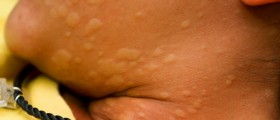
-Causes,-Symptoms-And-Diagnosis_f_280x120.jpg)
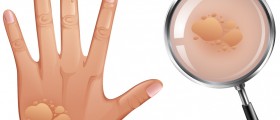
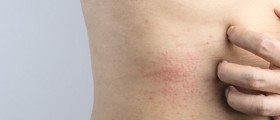
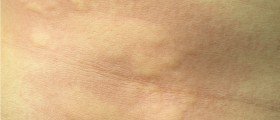



-Help-Treat-Your-Cold-Or-Flu_f_280x120.jpg)
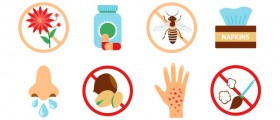

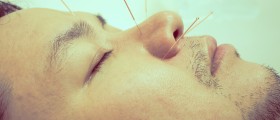

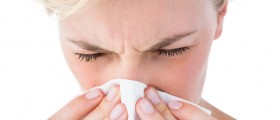
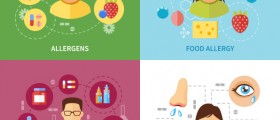
Your thoughts on this
Loading...